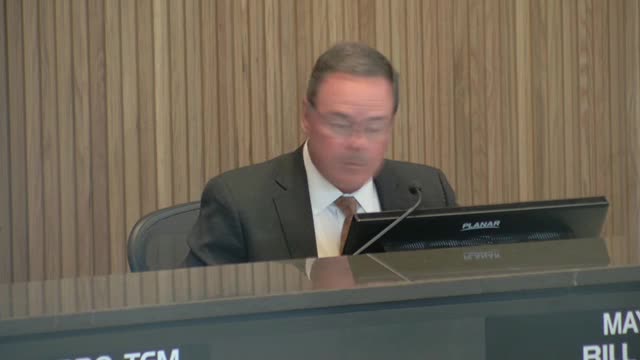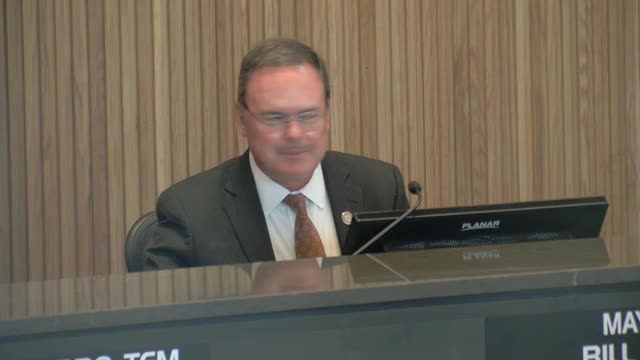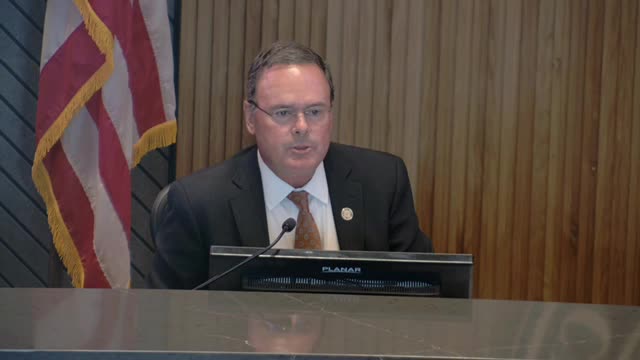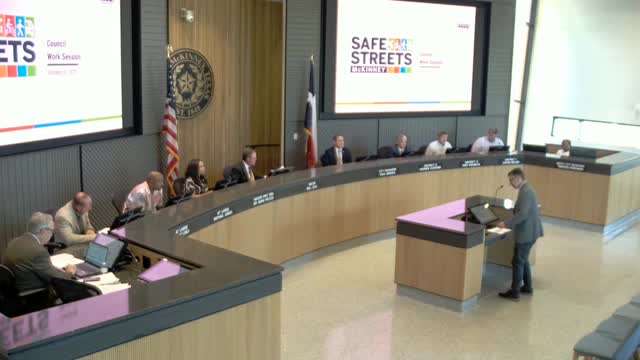Article not found
This article is no longer available. But don't worry—we've gathered other articles that discuss the same topic.

Staff outlines possible electioneering ordinance changes; council takes no formal vote

McKinney council asks staff to develop options for trap-neuter-return program

City staff drafts facility‑use policy for new City Hall event spaces; policy to return for adoption

